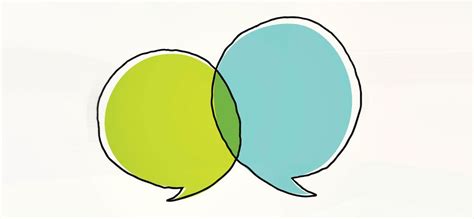How to Talk about My Hearing Loss
Tips on How to Talk about your Hearing Loss Hearing loss is an invisible condition and one that affects people of all ages. Like most invisible conditions, it can be helpful to let people know about your needs and how they can best support you. Now with masks and social distancing due to Covid-19, this can be especially important. But, in order for that to happen, you need to talk about your hearing loss... But how do I talk about it? Won’t that be awkward? It doesn’t have to be! There are a few ways that you can talk about your hearing loss with the various people in your life. Here are three ways to discuss your hearing loss: Basic Disclosure A basic disclosure is to openly share about your hearing loss and any details about your condition that seems relevant in the moment. “I have hearing loss caused by loud noises. I wear hearing aids to help. Could you please get my attention before speaking?" Having these conversations gives enough information for those around you to, understand the situation, shift their communication style, and provide general support for you. Non Disclosure This is a way to describe your hearing loss without necessarily sharing personal details. This could be used with cashiers, your server at a restaurant, or anyone really. For example, these would be phrases that provide a suggestion, but not giving specific detail about why... “I can’t hear you, please speak up” "I didn't catch that, would you...



Recent Comments